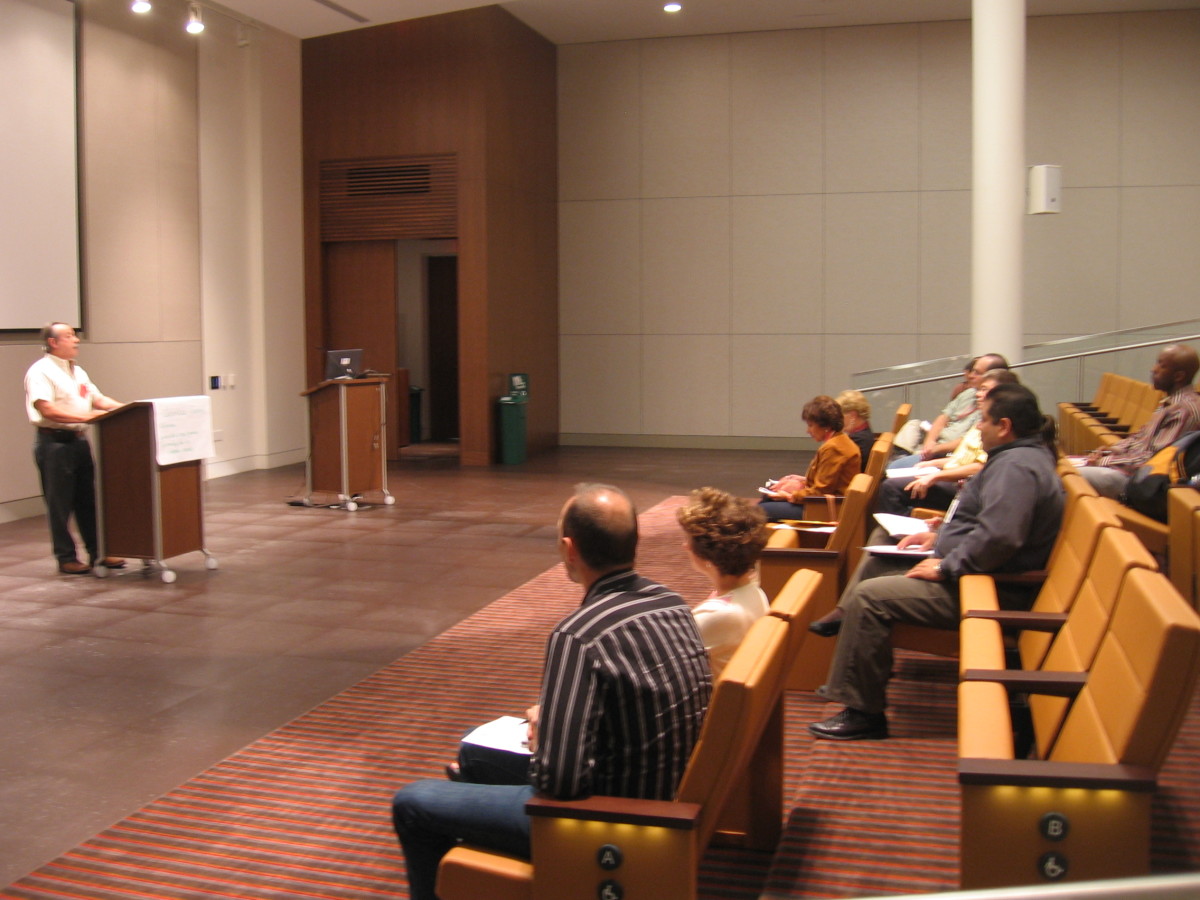The 3 Best Ways To Start A Speech; Ethos, Logos and Pathos

Interesting and Dull
As you are doubtless aware, our world contains two kinds of speakers; the interesting and the dull. As it happens, being an interesting speaker is a relatively simple matter. Note that it is not easy, but it is simple. You need only say or do something interesting.
Ethos, Logos and Pathos
So how does this help us when we are beginning our speech? Well, there are three main things which audiences find interesting, and all you need to do is open with one of them (which we cover in a moment) and you will have a captive audience. You may have guessed from the subheading above that the three things of which I speak are the persuasive devices of Ethos, Logos and Pathos, initially outlined by Aristotle. The definition of each of these words, how they can best be used to begin a speech and some example of speech beginnings are found below.
Do you think that speeches should be compulsory at school?
How To Start A Speech With Ethos
Ethos relies on the perceived authority or honesty of a person. We will believe things we hear from a policeman, professor or doctor, because we feel they have some authority. We will also believe things we hear from a small child, close friend or unbiased party, because we believe them to be telling the truth.
Opening with ethos means you will be opening with something about yourself. The key point here is that you want to Make the audience interested in you as a person; who you are and what you have to say. It is not an unfamiliar concept; you are far more likely to listen to someone you like over someone you don't, irrespective of what each person is saying. But how exactly do you open with your personality? There are a number of ways - you just have to stick with what you pick. You can strut confidently on stage with a bellowing "Hello!" to wake your audience up, but only do this if you can maintain a sunny disposition for the duration of your speech. You could spend a moment or two looking through the audience, with a smattering of eye contact, concerned facial expressions and subtly excited smiles as you slowly explore the space given to you as a stage. You could even give them a quick tour of your past involvement in the topic.
Another possibility is to open with your authority. Be aware that simply informing the audience that you are an expert on a particular topic or have a vested interest in a particular matter does not accomplish this. The audience must decide you are an expert on their own. To achieve this, you might like to begin with a 'little known fact' about your topic which triggers shock, interest or disbelief in your audience, after which you proceed by illustrating the veracity of your aforementioned 'little known fact', thereby winning the audience's trust. A much more effective version of this is the 'experiment'. Nobody would ever think you were dull if you begin your speech by saying 'May I have a volunteer from the audience?'. This tactic is particularly effective if you ask the audience to indicate via a show of hand what they think will happen. As common sense is a relatively uncommon attribute, you may find that the result of your experiment goes against the majority vote, again proving to your audience that you know more about your topic than they do, which makes them want to keep listening to you. Opening with ethos is literally an endless list of possibilities, so just pick it and stick with it!
Ethos; Brian Cox Builds A Cloud Chamber

How To Start A Speech With Pathos
Pathos is a method of stimulating an audience's interest by targeting their emotions. This does not simply apply to sadness and happiness; You can make your audience feel hope, awe, mirth, outrage, worry and sympathy. Keep in mind, however, that people generally prefer being happier, so it is always best to choose a positive emotion. There is one emotion, however, which is more effective at capturing an audience and delivering a message that any other. Do you recall the feeling you got watching Braveheart when you heard William Wallace tell the Scottish that the English would never take their Freedom? Or the feeling you got when Frodo says that he will take the Ring to Mordor? Or when Martin Luther King boldly said 'I have a dream'? There is a word for that feeling. You felt inspired.
The key point here is that you want to Make the audience interested in an idea, and then turn that idea into a positive emotion. As an example, you could express the idea that climate change is bad using either worry or guilt, which are both very powerful, but you will get far more action out of an audience if you accentuate the positive and try to inspire an audience to go green. Another possibility is to get the audience to sympathise with you, to feel the nerves that you feel. You could begin by nervously explaining who you are and what you are talking about, and that speaking in public is at the top of the list of things you would prefer never to do. If you wanted to start off with the idea, you could begin with a bold sweeping statement and then back it up with evidence. Keep in mind that this is a futile approach if you are telling the audience things they already know. You need to pique their curiosity or your message will fall of deaf ears. If your initial statement is regarded as common thinking instead of outside the box, general knowledge instead of new research or slanderous instead of intriguing, then you have lost the rest of your speech. Never assume anything about your audience - this means you must treat them as equals if you want to win their trust.
Pathos; Braveheart Freedom Speech
Lighting Summary Table
Device
| Appeal
|
|---|---|
Ethos
| Speaker's Authority or Honesty
|
Pathos
| Audience's Emotions
|
Logos
| Speaker's Logic
|
How To Start A Speech With Logos
A Speaker's Logos is the appeal they derive from using clear, accessible logic and reasoning. Someone who is very clear on why they think what they think, why they do what they do, and why they say what they say will have more ability to capture an audience than someone who bases their actions, thoughts and words on those of others, some form of precedent or simply (and this is the worst) nothing in particular. If you wish to see a highly polarised example of a speaker with Logos and a speaker without Logos, watch a debate between Richard Dawkins and a Creationist, or Brian Cox and Stephen Fry. The key point here is that you want to Make the audience interested in a problem, which you solve before their eyes in a clear way that they can all follow. A convenient side effect of having a highly developed logos is that it tends to increase any ethos you may have developed, as people often find clear, logical reasoning somewhat impressive.
A very simple way to begin a speech with logos is to ask a rhetorical question that in some way relates to what you are about to say. It could be a question to which the answer is your key idea, argument or throughline. It could be a question that has a number of answers that you are going to examine, or it could be a question which triggers a state of introspection, such as "Is 'who you are' different to 'who you want to be'?" or "Is today the best or the worst time to be alive?" Another stimulating tactic is "Did you know..." This one works best if you have three 'did-you-knows' in a row so they can build on one another. Rhetorical questions focus an audience's attention on a particular idea or problem. This means that, after a brief pause, when you start to talk about the answer that you (hopefully) have in mind, they are familiar enough with the problem to appreciate the answer. Oftentimes this can award you instant credibility. Well done.
Logos; The Problem With Religion

The Only Thing Left To Do Is Start.
Congratulations. You are now equipped with all the tools you will need to overcome the obstacles which lie in the path of your progress. But of all the things you have just learned, or may yet learn, do not forget this. Never think you cannot do it. You must be the change you wish to see. If you wish to be extraordinary, you must find it, for it will not find you of it's own accord. Good Luck!





